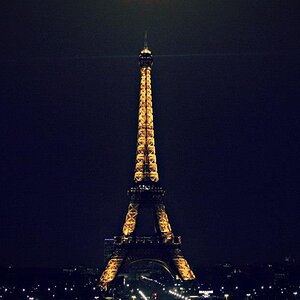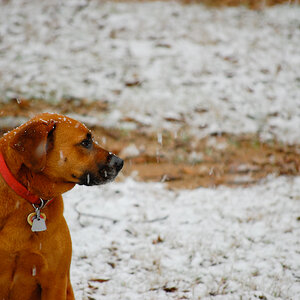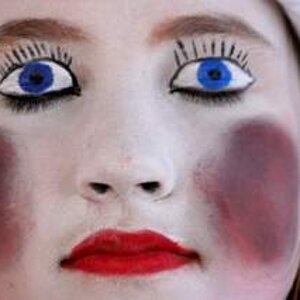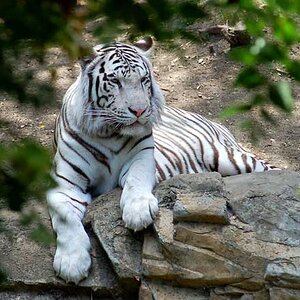B1GR3DDD
TPF Noob!
- Joined
- Jul 26, 2015
- Messages
- 1
- Reaction score
- 6
- Can others edit my Photos
- Photos OK to edit
Hey everyone!
This is my first post on the PhotoForum and I'm really excited to get started learning even more about photography!
A few weeks ago, I got a Nikon D3100 off of eBay for a fairly good price. Came with kit lens and a 18-70mm lens. I have never taken a single picture with a DSLR prior to getting this camera. Shipping had great timing, as it arrived about an hour before I left for a family vacation to the beach. I had a lot of fun that week learning how to work my camera and starting taking some pictures!
Here's a link to my gallery with a few of my favorites!
Album Beginner Photos Photography Forum
Just wanted to get some feedback into these beginner pictures as to how I can improve on them in the future!
Also, when adding pictures to this gallery, a few of them weren't able to add due to "not having permission to add to gallery." This was weird as it was only a few photos. Any one have some ideas?
Anyway, I'm really excited to get involved with this community! It looks awesome already!
Thanks!
This is my first post on the PhotoForum and I'm really excited to get started learning even more about photography!
A few weeks ago, I got a Nikon D3100 off of eBay for a fairly good price. Came with kit lens and a 18-70mm lens. I have never taken a single picture with a DSLR prior to getting this camera. Shipping had great timing, as it arrived about an hour before I left for a family vacation to the beach. I had a lot of fun that week learning how to work my camera and starting taking some pictures!
Here's a link to my gallery with a few of my favorites!
Album Beginner Photos Photography Forum
Just wanted to get some feedback into these beginner pictures as to how I can improve on them in the future!
Also, when adding pictures to this gallery, a few of them weren't able to add due to "not having permission to add to gallery." This was weird as it was only a few photos. Any one have some ideas?
Anyway, I'm really excited to get involved with this community! It looks awesome already!
Thanks!


![[No title]](/data/xfmg/thumbnail/41/41799-fe172a668fba7717bf773664387d64aa.jpg?1619739897)
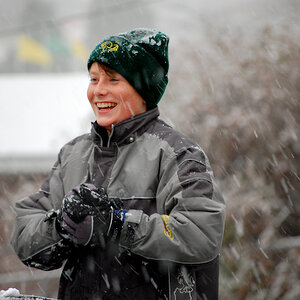
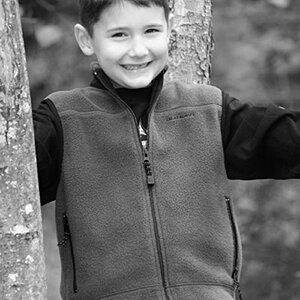
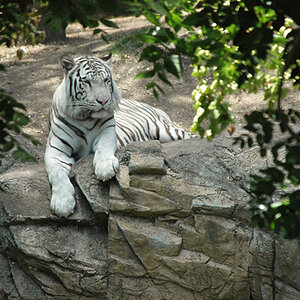
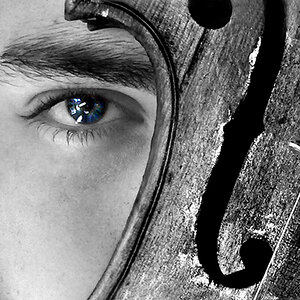

![[No title]](/data/xfmg/thumbnail/41/41798-aacfc8368463d919cba743fe318706b6.jpg?1619739897)
![[No title]](/data/xfmg/thumbnail/36/36674-2a99a33f8b4e9e3d34b08a4ec08fbde8.jpg?1619737676)
